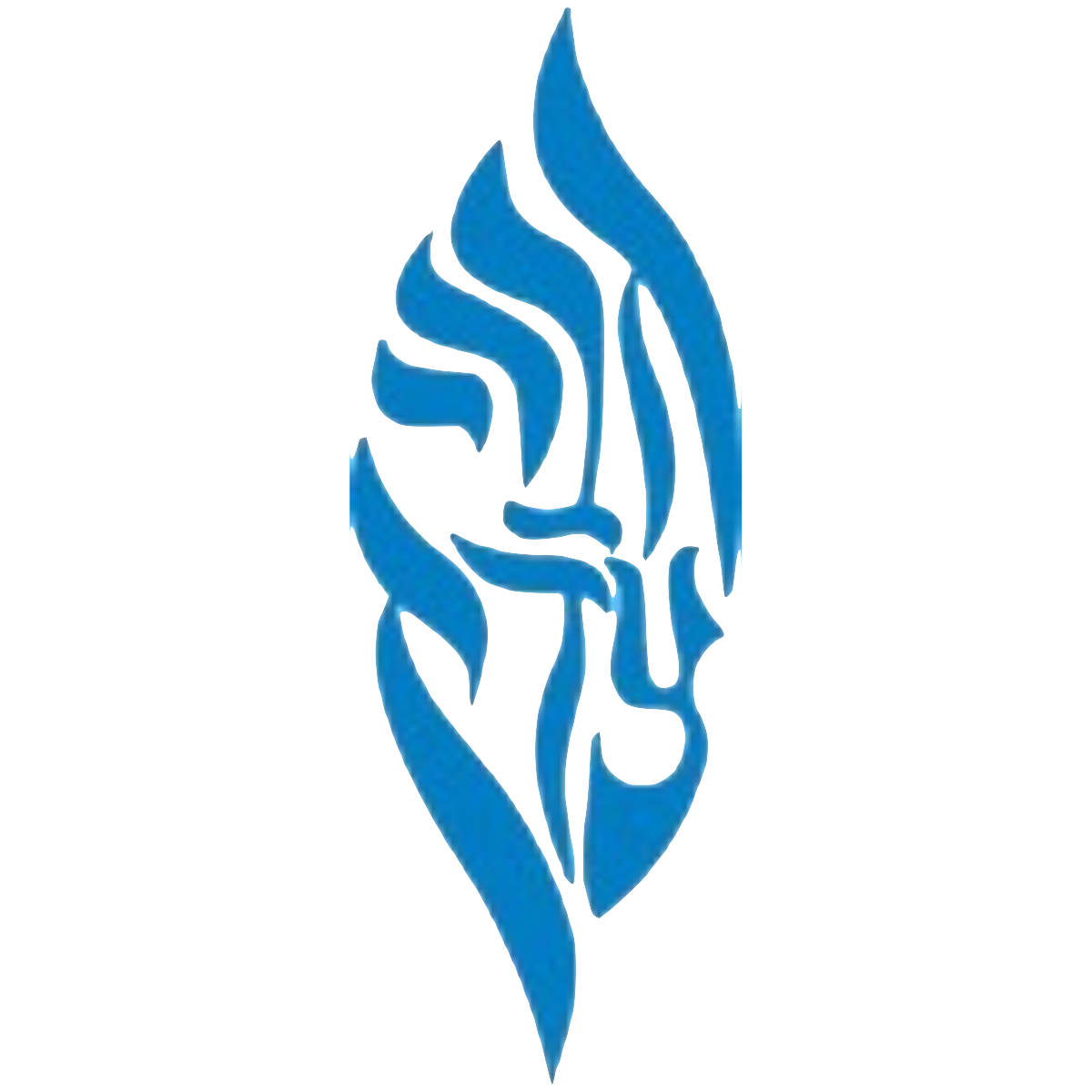Our double reading this week of Parashiyot Nitzavim and Vayelekh is full of phrases and verses that we tend to recognize more from their uses in other contexts than from their original places in the Torah. Gems from this week's reading appear in often-quoted midrashim, stories from the Talmud, and are all over the siddur and mahzor.
As the parashah reminds us several times of the importance of following God's Torah - practically begging the people to follow the right path - it offers what seems like an appeal to logic. After all, לא בשמים היא, the Torah does not reside in Heaven. (Deut. 30:12) It's within reach. No one needs to ascend to Heaven to retrieve it so that we can learn it and follow it. It's right here for us, in our mouths and in our hearts.
Famously, this verse is read quite against its original context in a powerful story from the Talmud (Bava Metzia 59b). The short version:
Rabbi Eliezer ben Hyrcanus and Rabbi Yehoshua are arguing about a particular issue of Jewish law. Rabbi Yehoshua represents the majority and yet, Rabbi Eliezer refuses to concede his point. He even calls upon Heaven to justify his side of things, which it does. Eventually, Rabbi Yehoshua declares victory, citing this verse, which is used as a prooftext for majority rule. Now that the Torah is not in Heaven, i.e. has been given to us, the only opinion that matters on how to follow it is a human opinion. Rabbi Yehoshua tells Heaven to stay in its lane.
As an aside in the story, Elijah the Prophet appears, recalling that in that moment, when Rabbi Yehoshua told God to butt out, God laughed in delight.
This point is often where people stop in their retelling of this Talmudic story. But no good Talmudic story has such a happy ending. The story continues that Rabbi Eliezer's colleagues destroy his reputation and excommunicate him for his refusal to concede the rule of the majority. In his despair and anger, he prays for the death of the head of the community, Rabban Gamliel. And Rabban Gamliel, in fact, dies. The lesson the Talmud draws from this tragic end is about the power of our words to do harm and the compassion with which God sees people who have been wronged in this way.
Over the High Holidays, which will begin next Friday night, you'll hear me talk a lot about חשבון הנפש, Heshbon Hanefesh, the personal account we're each meant to take of ourselves in preparation for beginning a new year.
I can't read our Parashah without thinking about Rabbi Eliezer ben Hyrcanus and Rabbi Yehoshua. Reading it this week, it has me considering the importance of the words we use with each other. When have my words caused someone else harm? When have they been used to lift others up? How will God look at me for the way I've used my words?
I invite you to ask yourselves the same kinds of questions as we take an account of ourselves and prepare to enter a new year. Choosing our words intentionally, doing the work it takes to use words that convey care and kindness, as our Parashah says, is not in Heaven. It's in our mouths and our hearts to make a reality.
Shabbat Shalom and Shanah Tovah!
Rabbi Marci Jacobs
